In this 3-part series, we’ll share the lessons from agtech startup founders who have grown their agtech companies from idea to at least 100 employees.
This episode features Michael Gilbert, CEO and founder of Semios, a crop management platform initially focused on tree fruit, nuts and vines, based in Canada. Michael has a PhD in chemistry and started his career in pharmaceuticals and biotech, before realizing his knowledge could be applied to agricultural inputs.
This initial idea has led him on a journey from biologicals, to creating a company with more than 300 employees and over $225 million in external capital raised to date.













![What's the [soil carbon] incentive?](https://images.squarespace-cdn.com/content/v1/597bf7e9db29d6c2e336c008/1617680520818-1FJ98DN70I3FP2INPPH6/3.png)







